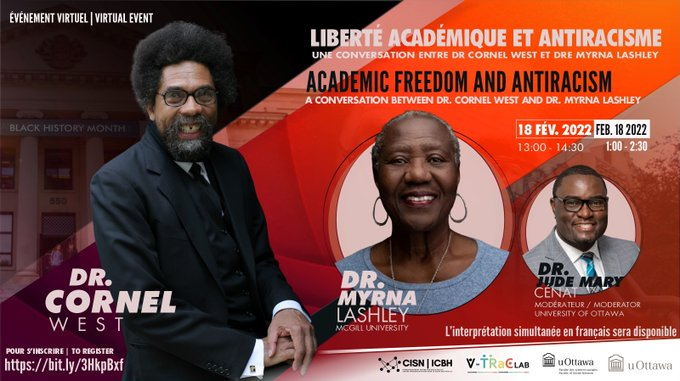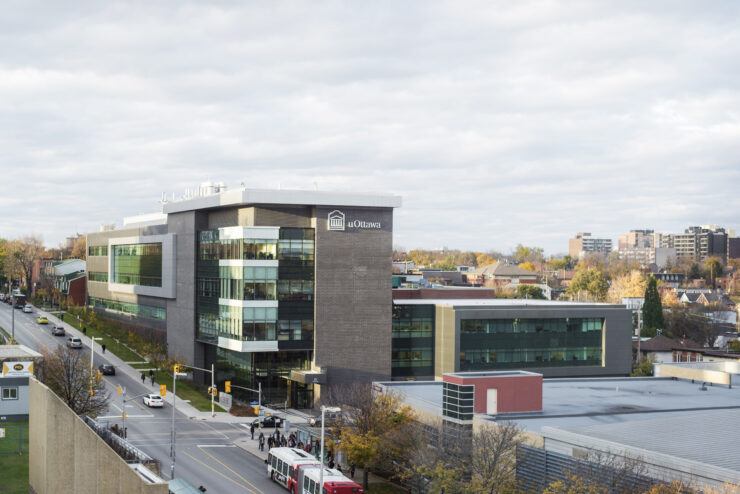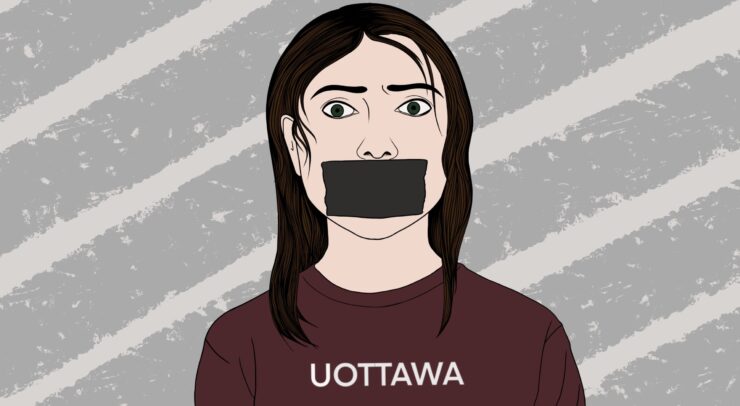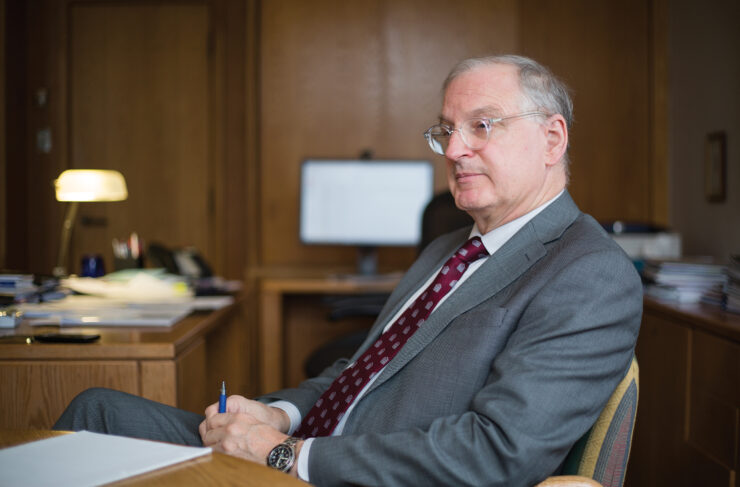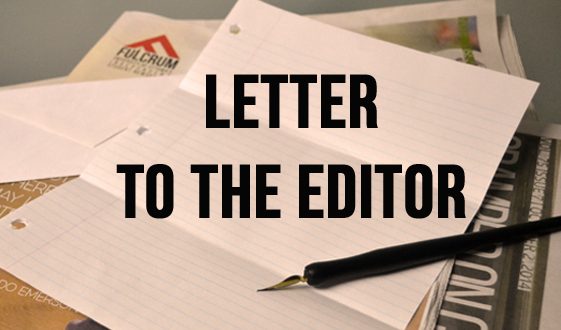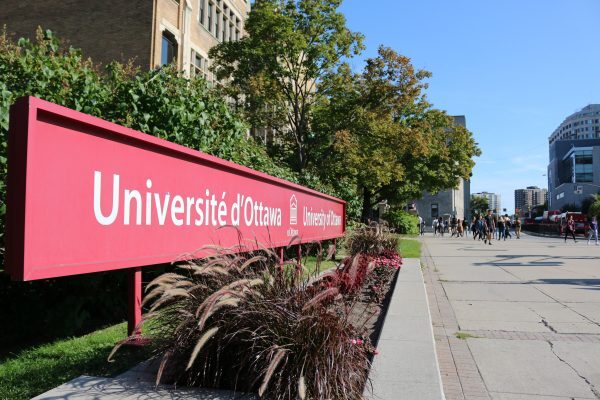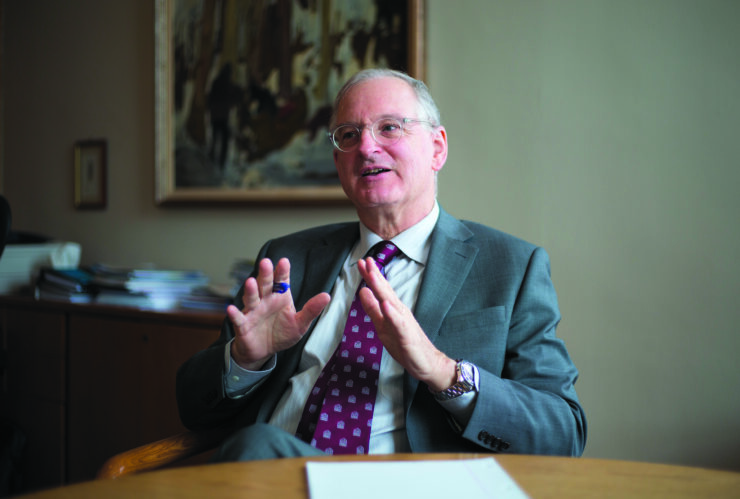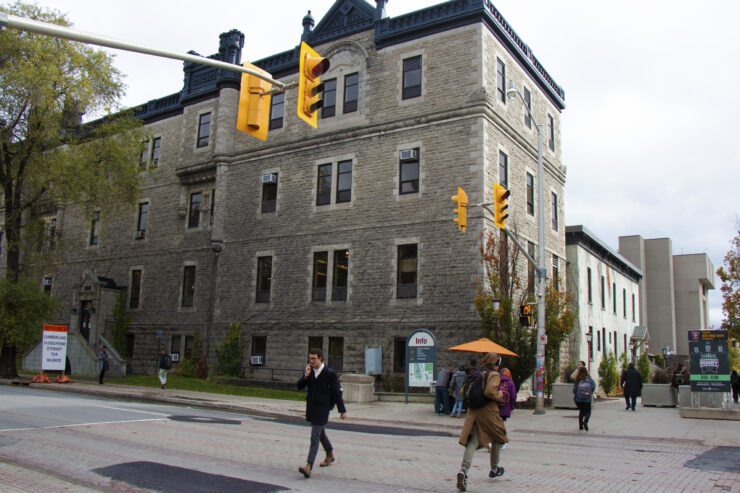Lawsuit regarding Lieutenant-Duval’s use of ‘N-word’ in classroom continues as committee of arbiters meet.
Verushka Lieutenant-Duval
“Our history is who we are. And if you’re going to talk about academic freedom, you have to incorporate that history within your teachings,” said panellist Dr. Lashley during Friday’s event.
“Scholars must remain vigilant whenever academic freedom collides with diversity. The former can be compromised by EDI activists, who in turn will only be pacified once their demands to censor ‘offensive’ remarks or ‘dangerous’ ideas are met by university administrators,” writes University of Ottawa school of sociological and anthropological studies professor Stuart Chambers.
“The Committee is therefore against the exclusion of words, works or ideas in the context of respectful academic presentations and discussions whose educational goal is to promote the dissemination of knowledge,” wrote the Committee on Academic Freedom in its report.
“We’re leading consultations with the student body and with different stakeholders and will relay those comments to HRO. And I would be surprised that this was the last UOSU has to say on this file, given the nature of the document that was presented,” said UOSU president Tim Gulliver.
“The reason in question is that if all parties in a discussion have the freedom to speak their ideas without punishment, this prevents proponents of reprehensible ideas from becoming martyrs,” writes Quinn Sam, a second-year political science and economy student.
In an email to students on Tuesday, Frémont pointed to the court of public opinion as the reasoning behind the creation of the committee.
“Academic freedom, which protects professors and researchers from sanctions when they dissent from prevailing opinions, has been seriously undermined by the authoritarian left. This was confirmed recently in a controversy concerning a University of Ottawa professor who spoke the ‘N-word’ in class,” writes Stuart Chambers, a professor at the school of sociology and anthropology at the University of Ottawa.
“To the young people who have found such glee in attacking their professors; your self-righteous instrumentalization of identity politics, it must be said, is hyperbolic and misdirected,” writes Ryan Lux a doctoral candidate at the U of O’s school of sociological and anthropological studies.
“The disciplining of professors based on ‘micro-aggressions,’ however, sets an unfortunate precedent and represents a slippery slope. No conscientious professor would willingly hurt their students’ feelings,” writes Thomas Boogaart, a professor of contemporary global history at the University of Ottawa since 2004 and a member of the APTPUO’s Board of Directors.
University of Ottawa president Jacques Frémont has released a second statement to the U of O community asking for “calm and reflection” around the recent controversy surrounding a professor’s use of the ‘N-word.’
The University of Ottawa’s president and vice-chancellor Jacques Frémont responded early this morning to the recent incident of a professor uttering the ‘N-word’ in an online lecture. The professor had been suspended since early October, and a group of professors had written a letter denouncing her treatment at the hands of the U of O administration.
A group of 34 current and retired University of Ottawa professors have signed a letter to express their disagreement with the University’s treatment of professor Verushka Lieutenant-Duval.
A leaked email from a University of Ottawa professor apologizing for using a racial slur in class was posted on Twitter and has quickly sparked outrage within the University community.


